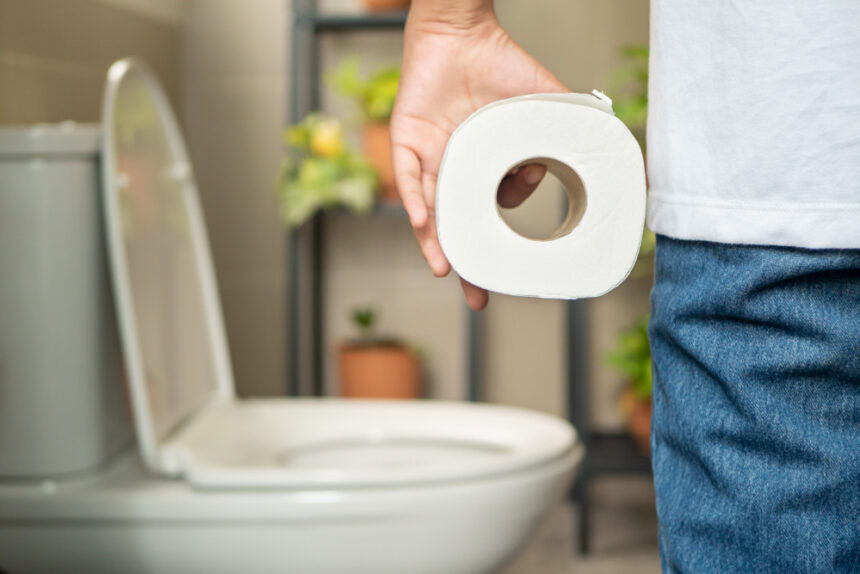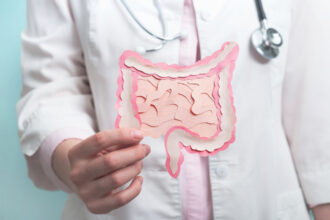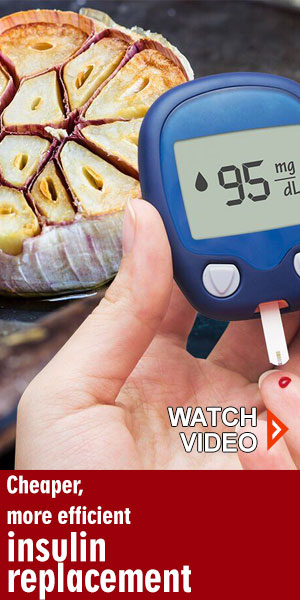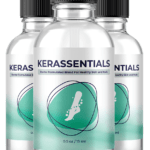Diarrhea refers to the passing of loose, watery, or more frequent stools that may sometimes contain mucus. Diarrhea is a common digestive issue that can cause uncomfortable symptoms.
Common causes of diarrhea include:
Infection: Infectious diarrhea occurs when bacteria, viruses, or parasites enter the body and trigger the bacteria to multiply. Common causes of infectious diarrhea include food poisoning and bacterial or viral gastroenteritis.
Medications: Certain medications, such as antibiotics, anti-diarrheal, chemotherapy, and steroids, can cause diarrhea.
Foods: Certain foods, such as dairy products, citrus fruit, and spicy foods, are known to trigger diarrhea.
Chronic conditions: Chronic conditions like irritable bowel syndrome and inflammatory bowel disease can also cause diarrhea.
What causes diarrhea?
Diarrhea can be caused by many different things. In some cases, it can also be caused by something you’ve eaten.
Viruses or bacteria: Diarrhea can be caused by a virus or bacteria. These can cause food poisoning, an infection, or a stomach or bowel infection. Diarrhea can also be caused by a parasite.
Food poisoning: Diarrhea can also be caused by food poisoning. If you’ve eaten something that contains bacteria, food poisoning can cause diarrhea.
Bacteria from food or water: Bacteria from food or water causes diarrhea in people. The bacteria can enter the body through your mouth or even your hands. Drinking contaminated water or eating raw or undercooked meat are common ways bacteria can enter the body.
Food poisoning from eating raw or undercooked meat: Raw or undercooked meat may not be fully cooked. Meat that is not cooked thoroughly can harbor bacteria. These bacteria can cause food poisoning, an infection, or a stomach or bowel infection.
Food poisoning from eating contaminated food: Eating food contaminated with bacteria can cause food poisoning. Some common causes are:
E. Coli bacteria: E. Coli bacteria can cause food poisoning. It can cause an infection or even death. E. Coli bacteria can be found in undercooked or raw meat. It can also be found in dairy products, contaminated lettuce, and ground beef.
Salmonella: Salmonella is another bacteria that can cause food poisoning. Salmonella can be found in undercooked chicken, eggs, and dairy products. It can be introduced into eggs by chickens.
Parasites: Diarrhea can also be caused by a parasite. Parasites can cause an infection, food poisoning, or a stomach or bowel infection. Some common causes are:
Tapeworms: Tapeworms are parasites that live in the intestines. They can cause diarrhea and stomach pain. Tapeworms can cause some common symptoms such as:
What are the symptoms of diarrhea?
Diarrhea can be a sign of a food allergy or an intolerance to certain foods. Eating food that is contaminated with bacteria or served by an unclean food handler can lead to diarrhea.
Diarrhea may be accompanied by stomach cramps. This occurs when the small and large intestines are upset by toxins in the stool.
Diarrhea may cause fatigue, nausea, fever, and vomiting. However, diarrhea can be caused by other illnesses and conditions as well, such as:
- Iron deficiency anemia
- Constipation
- Irritable Bowel Syndrome (IBS)
- Crohn’s disease
- Ulcerative colitis
- Parasites or worms
- Infectious diarrhea causes dehydration. Therefore, if you develop diarrhea, it is essential to treat it right away to prevent dehydration.
What are the preventative measures for diarrhea?
Diarrhea is a common problem, and there are many things that you can do to prevent it. Here are some preventative measures that you should take:
- Drink plenty of water
- Avoid eating high-carbohydrate foods
- Eat plenty of probiotics (healthy bacteria)
- Take antibiotics only when necessary
- Take the prescribed dosage of ibuprofen
- Drink cranberry juice
- Eat a balanced diet
- Avoid consuming onions
What treatments are available for diarrhea?
There are many different treatment options available for diarrhea, depending on the cause of the illness. Some of these treatments are:
- Diarrhea caused by a virus will usually clear up on its own without treatment. In some cases, it can last for up to 10 days.
- Diarrhea caused by bacteria can be treated with antibiotics. The antibiotics must be given intravenously.
- Diarrhea caused by bacterial infection can be treated with loperamide. This is typically given orally in adults. This medication prevents bacteria from absorbing water and salts, causing diarrhea.
- Diarrhea caused by viral infections can be treated with anti-diarrheal medications. These medications help control diarrhea by blocking the action of fluids in the intestines.
What are some home remedies for diarrhea?
Diarrhea treatment depends on the cause and extent of the condition. Some causes require only drinking more water and avoiding dairy products. Other causes require antibiotics, rehydration tablets, or medical attention.
In most cases, home remedies for diarrhea can be used. These include:
- Consuming probiotic foods, such as yogurt or fermented vegetables (e.g., sauerkraut, pickles), or probiotic supplements.
- Drinking more fluids, especially water.
- Avoid foods with lactose (milk sugars), caffeine, tomatoes, peppermint, and chocolate.
- Taking over-the-counter rehydration products.
- Taking an anti-diarrheal medication.
- Taking an anti-emetic medication (to prevent vomiting) if the condition is severe.
Conclusion
Diarrhea can be caused by many different things. There are a variety of different things that can cause it to happen. But, some of the remedies we have shared can cause the problem to go away.
While diarrhea may resolve without treatment, it is important to seek a doctor’s advice so that the underlying cause of the condition can be identified and treated. If your diarrhea lasts for more than three days it needs to be checked out by a doctor.





















